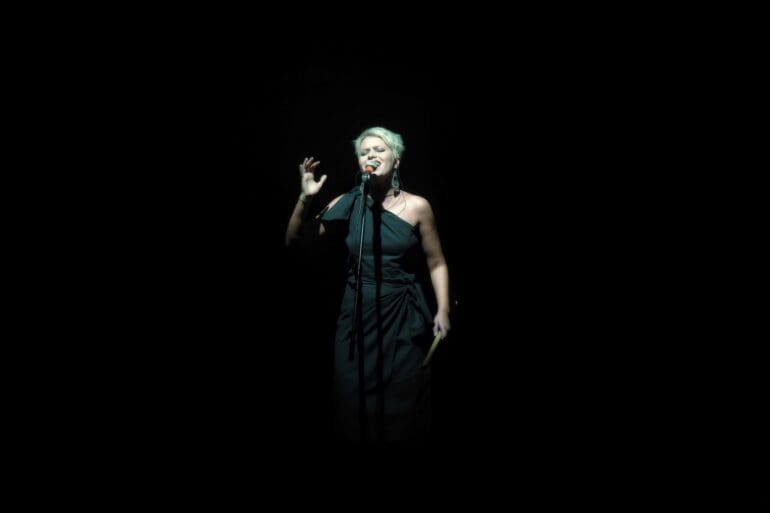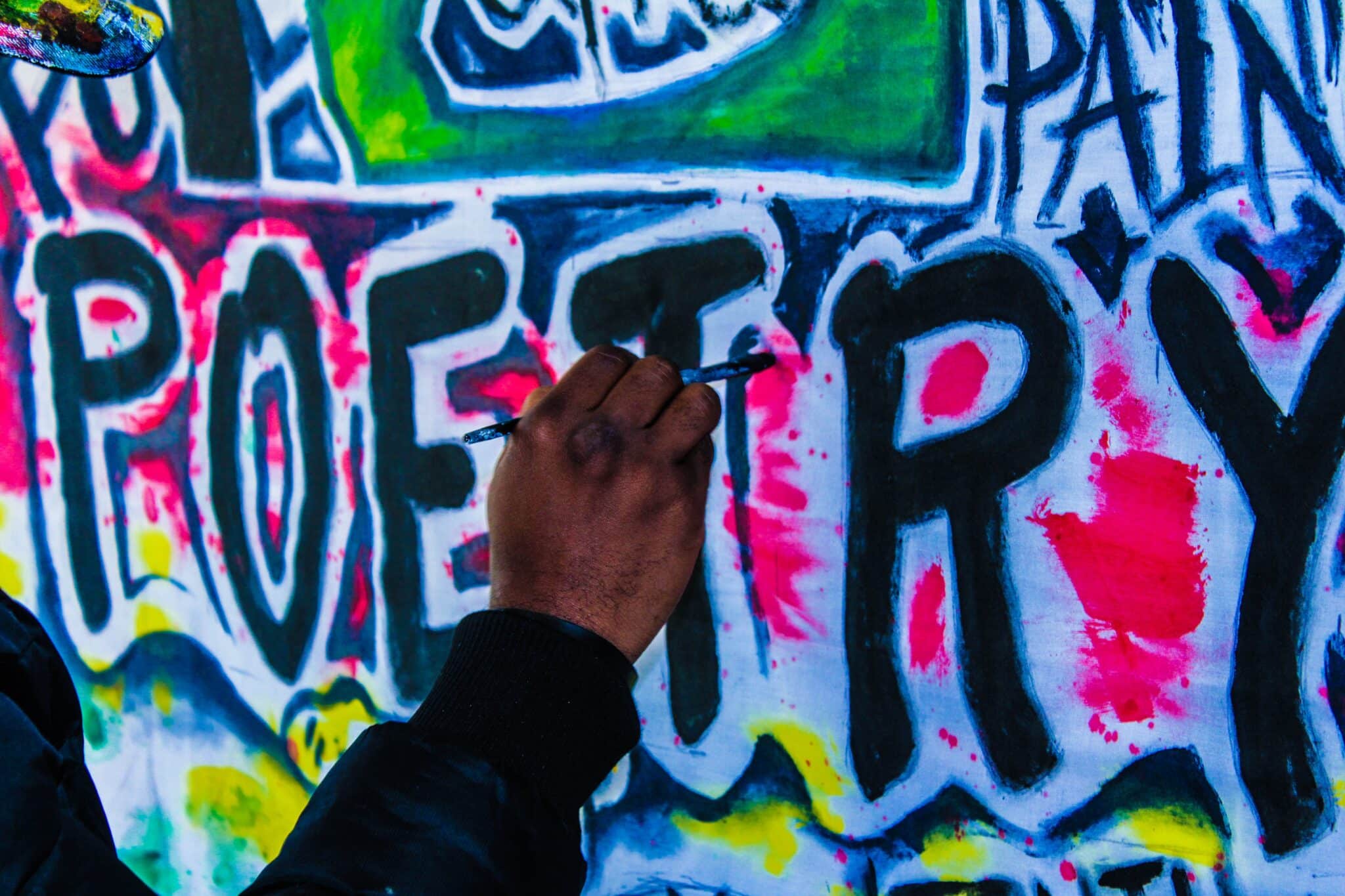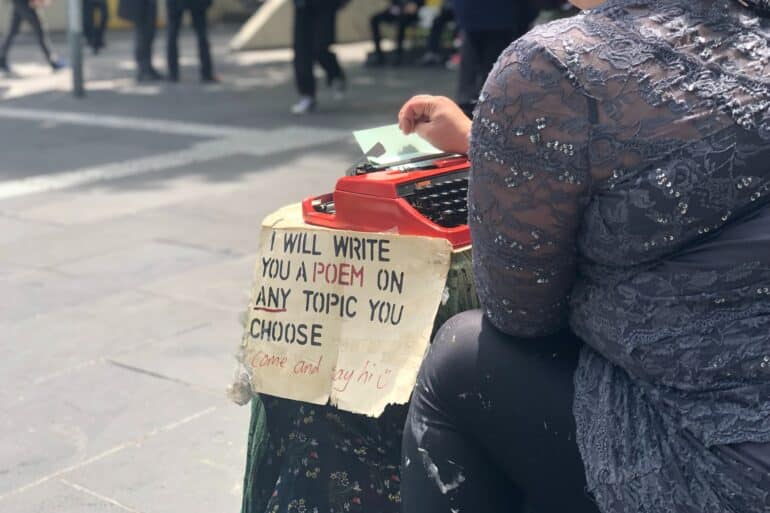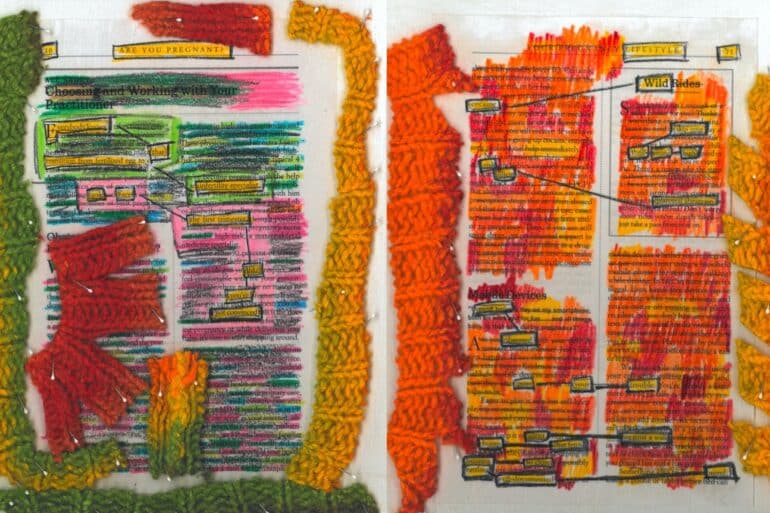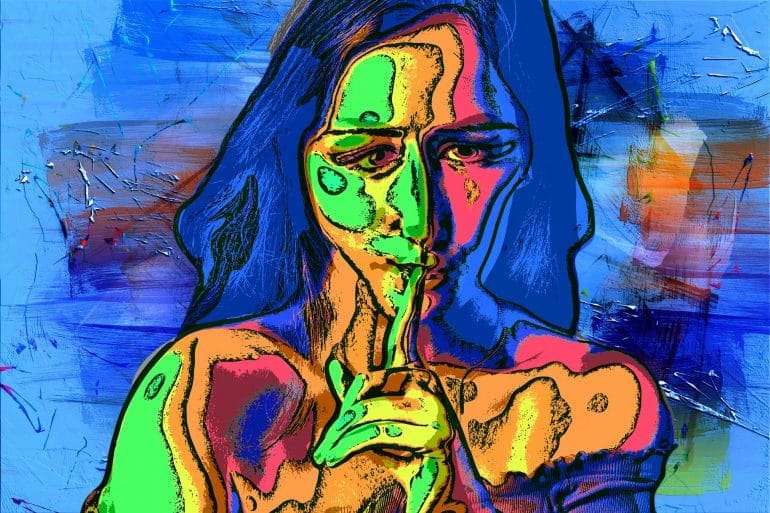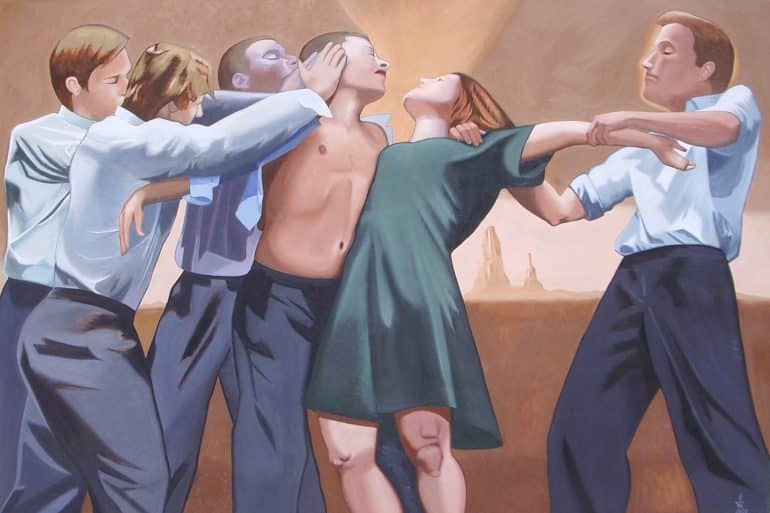Within the context of this poem, I tried to explain what was happening to my body because of SLE and what I was thinking.
This collection of poems is a glimpse into the lives lived on the margins, where the laws put in place to protect basic rights and bodily autonomy cease to apply.
I offer the following five poems to you. I hope that when you read/hear them you see a way into your own stories and ideas of poetic voice.
Through all of the things that separate us, there is one universal experience that transcends all barriers: love.
Lina Fe Simoy·
All ContentAutoethnographic EssaysAutoethnographic PoetryFrom the EditorsMoreVolume 3, Issue 2 (2023)
··5 min readThere are multiple approaches to find one's poetic voice depending on the lens one chooses as a part of the author’s creative process.
Ulla-Maija Matikainen·
All ContentAutoethnographic EssaysAutoethnographic PoetryEducationFrom the EditorsMoreVolume 3, Issue 2 (2023)
··4 min read A tsunami of words, images, learned and pushed feelings and thoughts go through us every day. Poetry is a way to find our own voice.
We invite you to participate in National Poetry month with us by reading and writing over at The AutoEthnographer's new Facebook group.
Sandra L. Faulkner·
All ContentAutoethnographic Art & MultimediaAutoethnographic PoetryFrom the EditorsMoreVolume 3, Issue 1 (2023)
··15 min read"Bringing up Baby” is a collection of collage and erasure poems that function as praise for and critique of (white) mothering.
This work of experimental poetry examines the interaction between the happy user of the open source format and the automated surface.
Poet Anne McCrary Sullivan discusses her latest book Learning Calabar, Notes from a Poet’s Year in Nigeria with editor Michelle Reale.
"My poems for this special issue seek to document a history of my choice, not just personally but humanly, to use autoethnography to weave through the personal and the political."
"I danced each morning with Pina Bausch. I became her pupil lifting my leg up in the air like a flamingo except feeling more awake than I’ve ever been."




